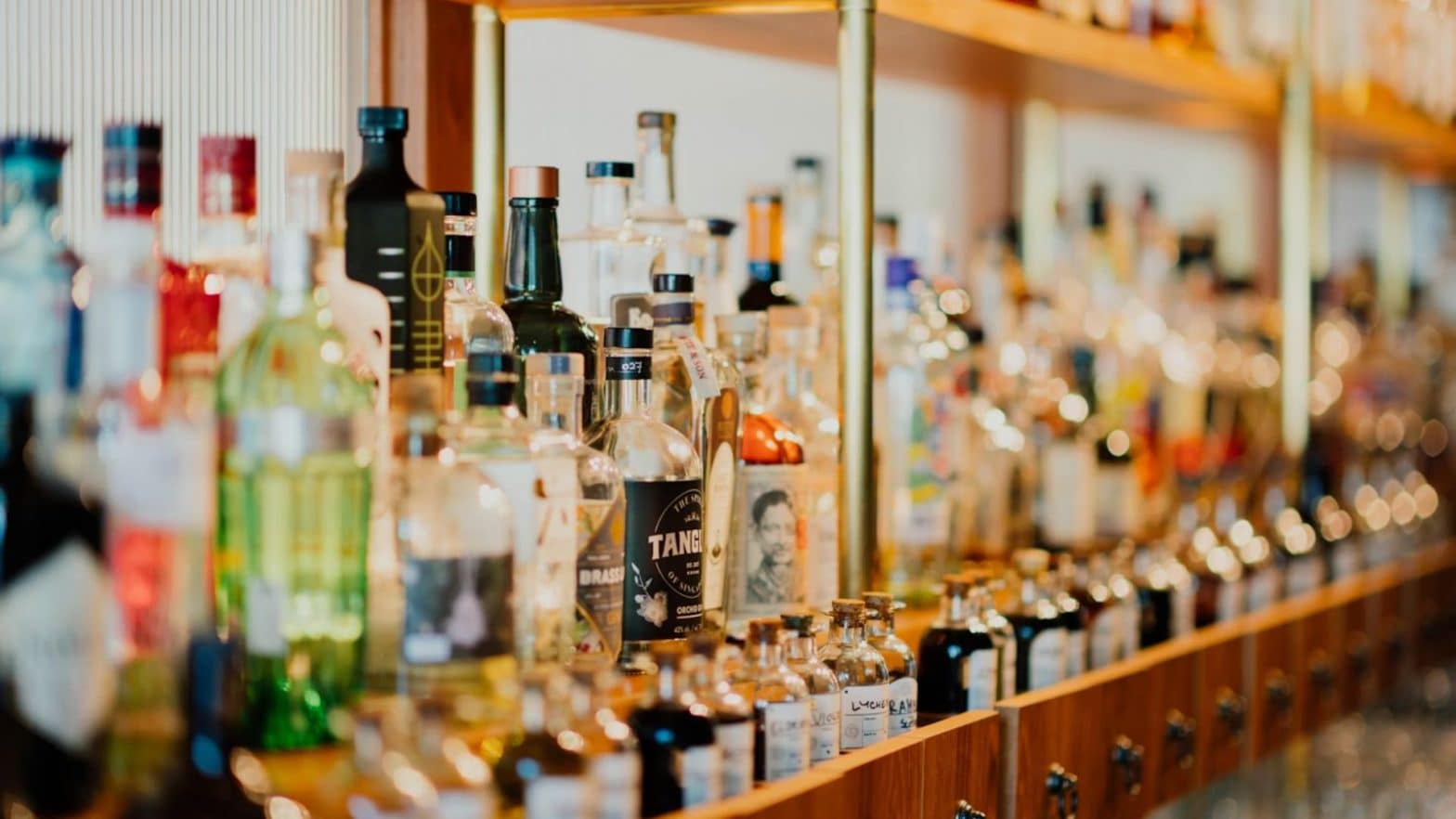In a game-changing move for global trade and brand Britain, India and the UK signed a landmark free trade agreement (FTA) on May 6, opening the floodgates to billions in trade, lower tariffs, and greater market access.
Among the headline-grabbing provisions? A dramatic cut in India’s stiff 150% tariff on Scotch whisky and gin, promising cheaper imports and stiffer competition for local alcobev players, according to media reports.
Under the new deal, tariffs on imported UK whisky and gin will be halved immediately—from a steep 150% to 75%—and gradually reduced to 40% over a decade, the report added.
Also Read: FMCG consumption recovers 4% in FY25, signaling sustained spending despite experience economy surge
Automotive tariffs, which have historically hovered around 100%, will fall to just 10% under a quota-based system. The British spirits industry is already raising its glass, with Mark Kent, CEO of the Scotch Whisky Association, hailing the pact as “transformational” and a “once in a generation” opportunity to tap into the world’s largest whisky market.
British Prime Minister Keir Starmer called the deal the UK’s biggest since Brexit, stating it will pump billions into the economy and generate jobs across the country. “It’s the most ambitious trade deal India has ever done,” Starmer said in a media report, highlighting that he and Prime Minister Narendra Modi accelerated negotiations last year in Brazil.
But it’s not just whisky that’s flowing smoother. The FTA also reduces tariffs on a range of British exports—from cosmetics, lamb, salmon, and biscuits to high-end goods like aerospace components, medical devices, and electrical machinery.
Also Read: Hollywood hit hard: US media stocks slide as Trump slaps 100% tariff on foreign-made films
Meanwhile, India stands to benefit from greater access to the UK market for sectors like textiles, leather, toys, gems, and jewellery, giving its exports a boost in a time of shifting global supply chains.
With bilateral trade already clocking $60 billion and projected to double by 2030, this agreement between the world’s fifth- and sixth-largest economies comes after more than three years of negotiations. The UK government estimates the deal could add 25.5 billion British pounds ($34 billion) to the trade pipeline by 2040.
new growth—from “advanced manufacturing in the North East to whisky distilleries in Scotland.” British consumers, he added, will also benefit from cheaper Indian imports like clothes, prawns, and spices.
Importantly, the deal comes against a backdrop of escalating global tariff tensions, especially following US President Trump’s controversial tariff policies. India is positioning itself as an attractive alternative to China for global capital and manufacturing, and this FTA is a key step in that strategic pivot.
Also Read: Tata Consumer set to launch sports drink, steers clear of cola wars
